Toxic Tort & Environmental
Environmental and toxic tort claims arise out of a variety of sources, including: large-scale environmental loss; contained pollution events; toxic tort; or, manufacturing liability. The claims consist of both first and third-party property loss, as well as personal injury. Often the loss arises from key operations. A lawyer involved in the defense of these matters must appreciate the various unique origins and types of damages. Our lawyers believe in spotting issues horizontally and vertically for such matters. We apply multi-jurisdictional know-how of issues such as source, weather, and distribution. We bring additional skill to these matters tying in practical familiarity of applicable state statutes, as well as CPSC, CERCLA, and RCRA. We have represented clients in matters concerning hazardous substance release from one property to another; the release of pollutants from manufacturing operations; and the contamination of navigable waters and groundwater.
Toxic Tort
Toxic chemicals and materials have made their way into all types consumer goods, houses, buildings, work materials, and more. From lead paint on toys to chemicals used in the construction of our homes and workplaces, these substances can give rise to wide ranging injuries. Injuries arising from toxic materials or chemicals also lead to different types of legal actions, including standard product liability lawsuits as well as “toxic torts.” Some toxic chemicals and materials have been phased out of production in the U.S., including lead-based paints, DDT, and asbestos. Even after manufacturers stop using a given substance, however, lawsuits over injuries arising from years of prior exposure can continue for some time.
Our team is accomplished at resolving a variety of toxic tort claims involving asbestos, lead paint, mold, chemicals, solvents, spills and leaks. We have represented clients facing the following types of claims: personal injuries, including cancers and “chemical sensitivities;” property damage claims relating to cost of remediation and repair; alleged design and construction errors resulting in claimed contamination; and alleged failure to properly identify and/or remediate claimed hazards.
Successful defense of toxic tort claims requires both legal knowledge (particularly with respect to how courts handle scientific matters) and technical knowledge with respect to the “toxic” substance at issue in a given case. Understanding both of these aspects of a case can mean the difference between a successful defense and significant monetary exposure. In addition, because the science and the law in this area can be quite complex, it is important to have a lawyer that can engage the plaintiff’s expert on scientific matters, and also explain difficult concepts to a jury.
Our Toxic Tort and Environmental lawyers work closely with team members in our Product Liability, Fire and Life Sciences Practice Group.
Environmental
Our lawyers guide, manage and resolve disputes involving pure environmental litigation with regulatory agencies, businesses, and individuals. We assist in mitigating delay, reducing costs, and minimizing exposure.
Our experience includes:
Enforcement actions
Superfund litigation
Allocation and cost recovery
Waste disposal
Land use planning and zoning proceedings
Permitting and licensing
Administrative rulemaking
Actions for recovery of clean up costs based on environmental statutes
Environmental indemnifications from real estate sales
Litigation to protect historic resources
Natural resource damages
Hazardous materials transportation
Environmental regulation
Appellate Advocacy
The appellate outcome of toxic tort and environmental matters is equally important to the outcome of a trial or lower court proceeding. Appeals often have precedent setting significance with impact far beyond a single matter. Success at the appellate level requires different skills than those applied at trial. It is important to understand the appellate bench, and the perfection of the record.
Our lawyers’ analytical, writing, and oral advocacy skills are honed for success on appeal. Our lawyers have served as judicial law clerks to trial and appellate court judges, providing insight into the working of the priorities and decision-making of the bench.
Our Toxic Tort and Environmental lawyers work closely with our Appellate Practice Group – teaming together to often parachute into matters handled by separate trial counsel. We are regularly sought in this regard to serve as appellate monitoring counsel during trial. Clients also engage us to write amicus curiae briefs, and to work with other trial counsel to ensure that toxic tort and environmental matters are properly postured for appeal.
Class Action Defense
Achieving success in class action arising from toxic tort and environmental matters requires strategy for early dismissal, defeating class certification, Rule 23(f) appeals of class certification decisions, and precluding plaintiffs’ expert witnesses. This strategy must work backwards from the desired result to be successful. We understand the constantly evolving standards for class certification in the toxic tort arena. We have been able to convince parties and courts that certification must be denied. In this regard, we understand that class actions can often be favorably resolved with a comprehensive and irrevocable settlement. Often, carefully negotiated settlements of class actions are true “wins” in that they avoid years of litigation cost, uncertain risk and potential reputational harm. We also recognize the need for coordinated strategy against the setting of regulatory inquiry, government action, or criminal prosecutions. Our team comprehends that a major lawsuit and media exposure can be distressing and can adversely impact public perception and future revenues. We work with our clients from day one to mitigate brand and reputational harm.
E-Discovery
Our lawyers advise our toxic tort and environmental clients in developing pre-litigation policies and procedures. We counsel clients on implementing effective technologies to manage and dispose of data defensibly and consistently with emerging best practices. Our team also advises on preserving documents and data effectively where there is a duty to preserve. We work with clients to explain defensible disposal before a duty to preserve arises. Once a duty to preserve arises, we work hand-in-glove with clients on legal holds and their scope. Our managing partner, John Jablonski, is nationally recognized in this arena. He is the Editor of Arkfield’s Best Practices Guide for Legal Holds, and the former chair of the Defense Research Institute’s E-Discovery Committee.
Our commitment to innovation and technology allows us to provide a distinct competitive advantage for our clients. We recognize the potentially crippling costs of discovery, particularly e-discovery, in major litigation and are committed to employing creative, cost-saving solutions that will maximize value to our clients without compromising excellence. While many firms have made a decision to create in-house operations with costly overhead from space, full-time staff, and benefits, we have created key vendor relationships that effectively act as if they are “in-house” but bear their own overhead. This way we effectively manage our client costs. We require efficiency, value, responsiveness, and quality of these vendors.
Our Toxic Tort and Environmental lawyers addressing e-discovery issues work closely with team members in our Cyber, Technology and Social Media Practice Group.
Insurance Coverage
Environmental and toxic tort claims involve complex insurance issues usually spanning multiple years or decades. These matters often involve several different policies issued by many insurers – some who are no longer in existence or who may have been acquired. We comprehend the intricacies of these claims. When necessary, we employ insurance archeologists to help find lost polices or deciphers uncovered years. We apply multi-jurisdictional know-how of issues such as trigger, exhaustion, occurrence, allocation, damages, ultimate net loss, pollution exclusions, notice, and waiver, to name a few.
Our Environmental and Toxic Tort lawyers who focus on environmental issues work closely with team members in our Insurance Solutions Practice Group.


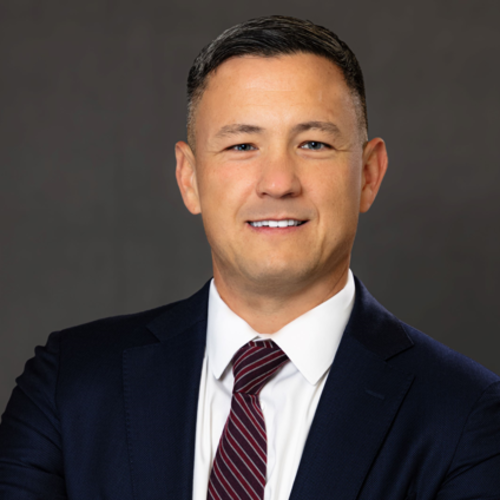


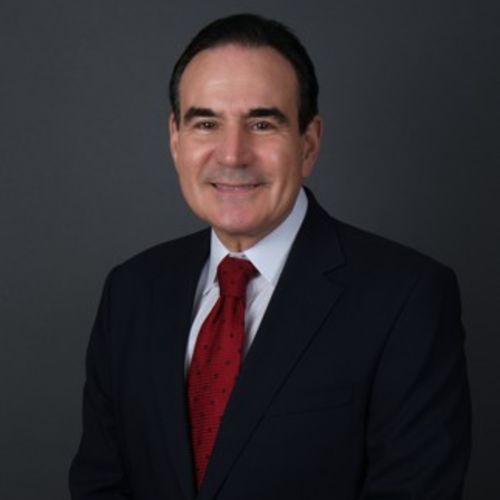





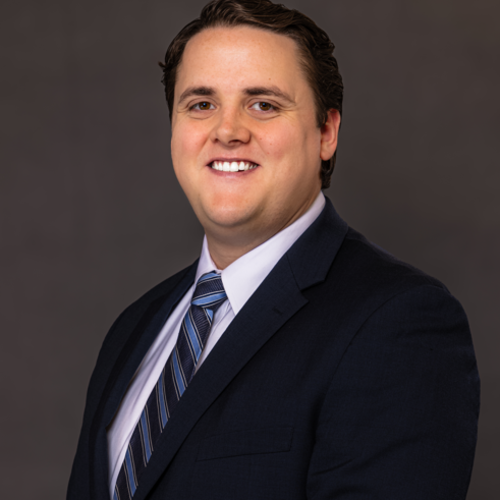























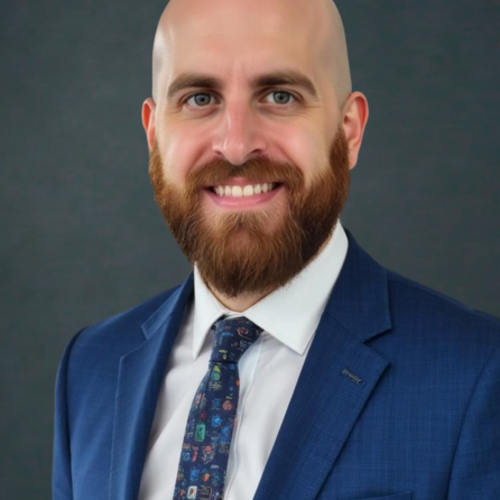

























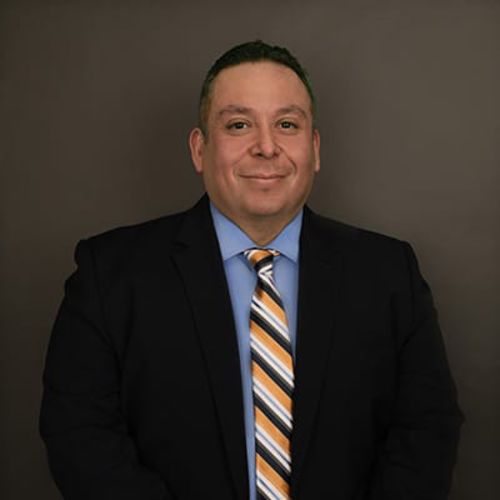

















Gerber Ciano Kelly Brady Ranked as One of The 2023 “Best Law Firms” by U.S News and World Report for Fourth Year in A Row
NEW YORK, November 3, 2022 —Gerber Ciano Kelly Brady LLP announces it was named to
Contractors: Don’t Inadvertently Give Up Your Lien Rights – How Subordination Agreements and Lien Waivers Affect Mechanic’s Liens
As most contractors know, if they are not paid for their work, they are entitled to file a mechanic’s lien against the property where the work was performed.

Twenty-Eight Gerber Ciano Kelly Brady Lawyers Named to 2022 Super Lawyers
NEW YORK, October 11, 2022 — Gerber Ciano Kelly Brady LLP is honored to announce that
Gerber Ciano Kelly Brady Lawyers Recognized in The Best Lawyers in America© 2023 and Ones to Watch
NEW YORK, August 18, 2022 —Gerber Ciano Kelly Brady is pleased to announce that four
